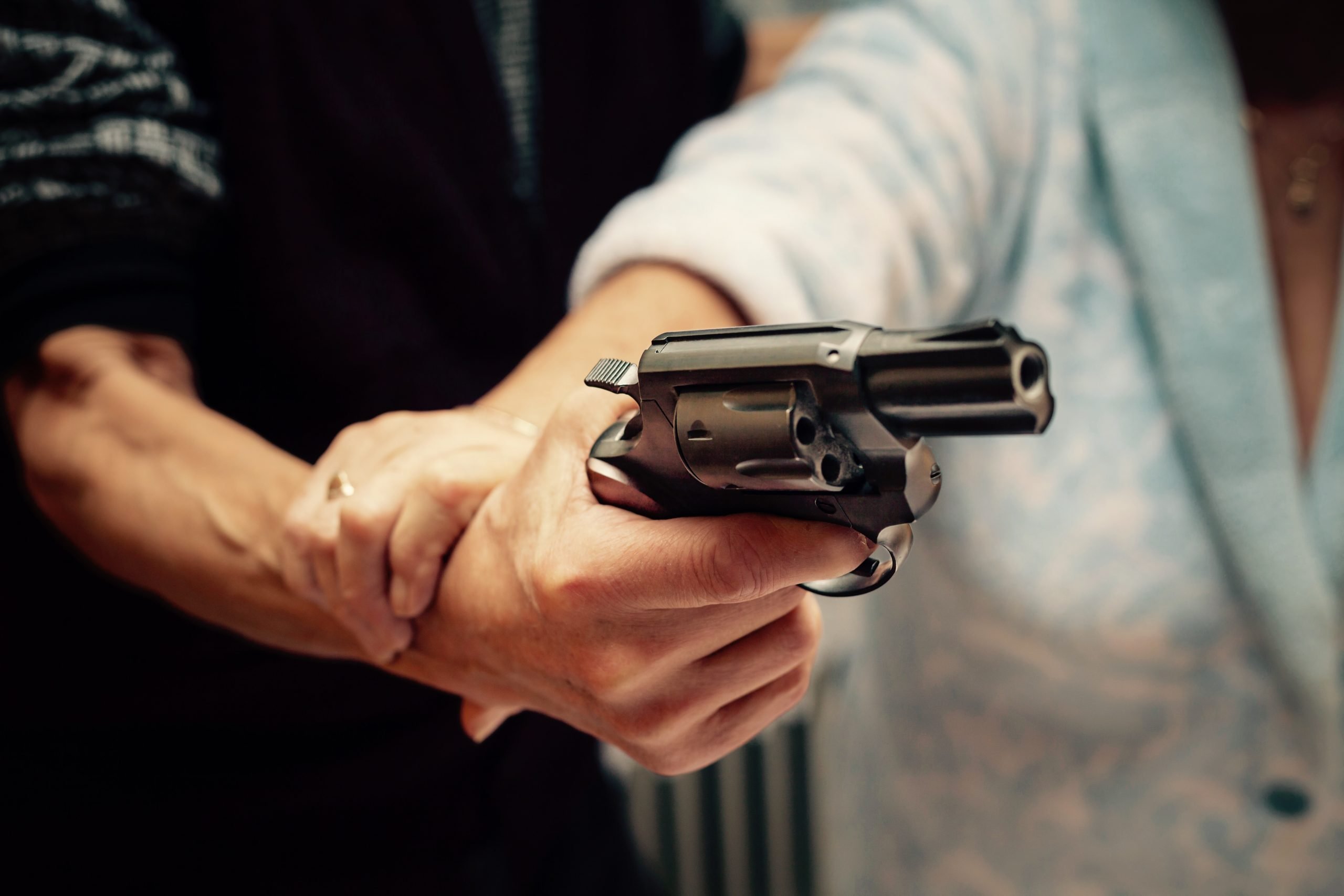Good morning, Bulletin readers. Democratic lawmakers in Illinois moved to close a gap in the background check system that allowed the perpetrator of a shooting spree to buy a weapon despite having a felony record. The Trace has the inside story, a partnership with The Chicago Sun-Times, below, along with the rest of your Wednesday briefing.
Receive this daily news briefing by email every morning. Sign up here.
NEW FROM THE TRACE
A package of bills in Illinois would require fingerprints as part of gun background checks. After state Democrats introduced the legislation, The Trace checked in with our Midwest correspondent, Brian Freskos, about how it all came about:
When the Illinois State Police released a statement revealing how the gunman who killed five people at an Aurora manufacturing facility in February acquired the murder weapon, one detail caught my attention: An initial background check based on the gunman’s name and birthdate didn’t turn up anything that would have precluded him from gun ownership. It was only later, when the police ran the gunman’s fingerprints for a concealed carry permit, that they discovered his out-of-state felony conviction for a violent assault.
What’s the difference between a background check based on biographical info versus one based on fingerprints? Quite a lot, it turns out.
As my story published yesterday in partnership with The Chicago Sun-Times shows, background checks based on biographical information are so vulnerable to inaccuracy that Congress banned their use in certain occupational licensing and employment contexts. Even though gun buyers are vetted through the same federal criminal history system, they were exempted from that prohibition. Now, Illinois lawmakers are trying to close that gap and have introduced legislation that extends fingerprinting to prospective gun owners in the state.
WHAT TO KNOW TODAY
Domestic homicides are on the rise, flouting a longterm trend. After analyzing FBI data from 1976 and 2017, Northeastern University researchers observed an uptick in intimate partner homicides between 2015 and 2017 — after decades of decline. Firearm deaths accounted for most of the increase. The researchers called for stronger federal gun regulations to help prevent rates from escalating further. Get the whole picture: Here’s our fact guide on the deadly combination of domestic abuse and firearms.
In the face of litigation, the maker of the gun used at Sandy Hook is appealing to the Supreme Court. Families of the victims are suing Remington over its marketing of the military-style rifle used to kill 26 people at an elementary school in 2012. The Connecticut Supreme Court ruled last month that the wrongful death lawsuit could move forward. Now, the company plans to ask the nation’s highest court to stop the suit.
The newest 2020 contender is making gun reform a focus of his presidential campaign. U.S. Representative Eric Swalwell of California announced his entry into the crowded Democratic field Monday with a platform focused on gun violence prevention. He’s calling for a ban on assault-style weapons and a federal buyback program to get the existing ones out of civilian hands. Swalwell is a longshot candidate, but his embrace of the issue illustrates how much Democrats believe the political tide has shifted on guns.
Starting today, known domestic abusers in Pennsylvania will need to turn in their guns within 24 hours. The law passed in October requires people convicted of domestic abuse or subject to a final protection-from-abuse order to relinquish their weapons to a law enforcement agency, a licensed firearms dealer, or an attorney.
More than a dozen mayors are gathering to discuss gun safety. They’re in Toledo, Ohio, for a two-day conference on gun violence prevention. Together with law enforcement and policy officials, the local leaders are trading notes on strategies for promoting responsible gun ownership and using technology to reduce gun deaths. Toledo Mayor Wade Kapszukiewicz will also be looking for backers for his more confrontational campaign: He’s hoping to get cities to refuse to do business with gun companies that don’t adhere to certain standards.
Mayor Bill Peduto of Pittsburgh signed an expansive gun reform package yesterday. The legislation introduced after the Tree of Life Synagogue shooting restricts the use of assault-style weapons within city limits, bans armor-piercing ammunition and high-capacity magazines, and allows for the temporary removal of guns from people whom authorities deem a threat to themselves or others. Gun rights groups immediately filed suit to block it from taking effect.
A man was killed while handing out $20 bills at a Florida Waffle House. Police said Craig Brewer, 41, was fatally shot while giving out money and paying for meals at a Gainesville, Florida, restaurant over the weekend. According to witnesses, the suspect became angry after a friend of his did not receive any money and began shooting at Brewer, who died.
ONE LAST THING
A Baltimore teacher describes the pain of losing a student to violence. In an op-ed in The Baltimore Sun, health teacher Shannon Furdak writes about the ripple effects that violent deaths have had on her public school community. Her teenage students, she notes, have had more of their peers die than she has lost loved ones in her entire life. Some have suffered the acute trauma of having witnessed a murder. “Setting long-term goals is really hard for many of my students because they don’t see a future,” she wrote. “It is hard to see a future when the only thing you are trying to do is survive.”

